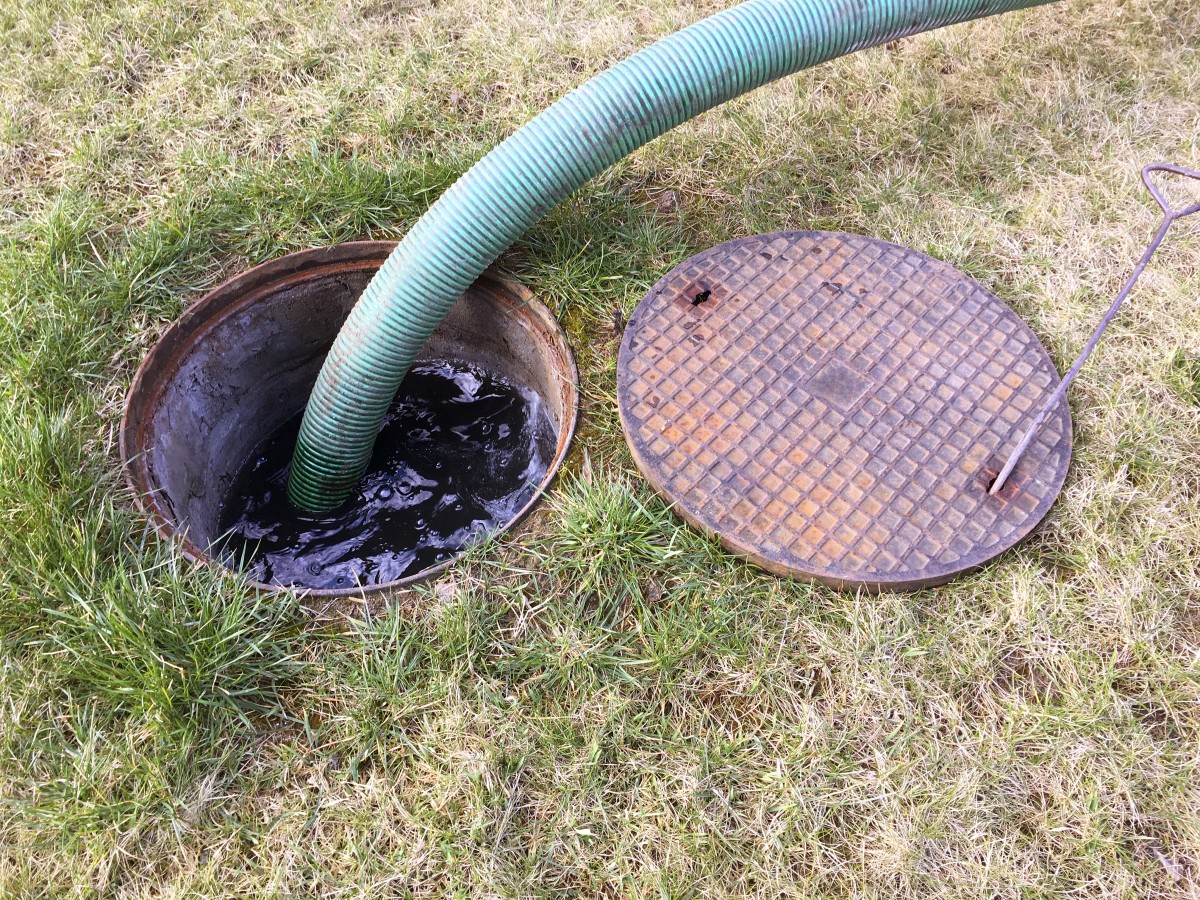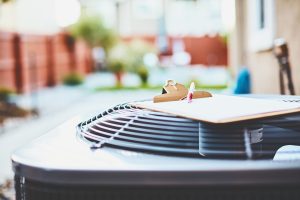Homeownership involves a good deal of responsibility of every kind – and plumbing is definitely no exception. Whether you’re a proud first-time homeowner, or have just never given much thought about how water travels through your home-sweet-home, there are some basics about plumbing that you need to be familiar with.
For those who until recently were renters, don’t wait to realize that there’s no apartment complex manager or landlord to handle plumbing emergencies for you – and that the repair cost isn’t going to be covered by the property owner – because the property owner is now you!
Therefore, homeowners have great incentive to be knowledgeable about plumbing fundamentals, and practice regular maintenance and good housekeeping to prevent expensive problems that can result in serious damage. In the interest of education, here’s what every homeowner should know.
Your home is your most important investment
The popular saying, “Your home is your most important investment” is true for most people. Unless you’re a billionaire who owns numerous luxury properties and businesses, much of your financial worth is based upon your home. As such, it deserves time and attention.
However, don’t feel that you need strong DIY skills to keep up with your plumbing. It’s great if you feel comfortable making simple repairs – like fixing a leaky faucet or replacing a toilet flapper – but being observant is more important. Knowing what to look for, how to look for it and when to look for it are essential to being proactive so you can call a professional plumber in a timely manner. Writing for the Flo by Moen blog, Arthur Brodskiy notes the following.
“Within your home is a complex network of pipes, drains and appliances that all work together to make your life easier. We tend to forget about things we don’t see, and plumbing systems mostly operate away from the naked eye. But just like everything else, your plumbing is subject to wear and tear. And the best way to avoid a disaster is with a good knowledge of basic plumbing problems and solutions.”
Herewith are the basics:
Know the location of your water main – If a pipe bursts, you need to immediately shut off the water supply to your house. Knowing where your water main is and how to shut it off will save valuable time and prevent further water damage. The location should have been pointed out when you bought the house – or be included in the property inspection report – but if it wasn’t, home improvement professional Lee Wallender provides advice for locating it in his article for The Spruce.
“Typically, it will be located on the perimeter of the house, since that is where the water first enters your house. Also, stay on the side of the house that is facing the street. Your water main begins at the street and heads in a straight line to your home. When you find the valve, turn the handle or knife-style valve.”
Should you be unable to locate your shut-off valve here, Wallender writes that there is another valve located at the beginning of your water main, at the boundary line of your property and the street or sidewalk. “Find the ground-level metal or plastic utility box trap door located at ground level. Call the water company’s 24-hour emergency contact line. Staff may direct you to shut off the valve by yourself or to wait for an emergency dispatch team.”
However, avoid making this the last-ditch effort. Take the time now to locate your primary water main shut-off value so you’re not scrambling around the yard in a panic should the worst occur.
Clear and prevent clogged drains – This is the most common plumbing issue for homeowners. Wallender advises against depending on liquid drain cleaners, as they can eventually harm your plumbing infrastructure. Owners of older homes – especially homes with cast-iron pipes – need to be especially cautious. Using a snake or similar tool to pull out debris is preferable. Our blog post – “What Should You Do If Your Shower Drain is Clogged?” – provides additional easy, non-chemical methods.
Prevent (or delay) clogs by using a hair catcher over drains, pouring plain boiling water down drains (or similar method as described in our blog post referenced above) and never pour oil down any drain.
Look after your toilet well – This essential, frequently used fixture is too often taken for granted. As we always say, only three things should be flushed – one of which is toilet paper. No tissues, baby wipes, cotton swabs, feminine hygiene products or cigarette butts. Some baby wipe brands claim to be flushable, but they aren’t. Just as a reminder, here’s what baby wipes can do to a sewer pipe.
Learn how to use a plunger. Be sure you buy one specifically designed for toilets, as it will create the proper suction to dislodge the clog.
If your toilet runs between flushes, the components inside the tank have probably deteriorated, as they do over time. Those with rudimentary DIY skills can buy the “guts” of the toilet tank pre-packaged at home improvement centers. Only the flapper valve may need replacing, or the entire assembly is past its useful life. Use food coloring to check for leaks, as you may not always hear the sound of leaking water. Add a few drops to the tank water. If it makes its way to the bowl water, you have a leak.
Respect your garbage disposal – A garbage disposal really can’t handle everything people put in it. Our blog post – “Is Your Garbage Disposal Clogged?” covers the list of all the materials that you should never run down – such as bones, fibrous vegetables, nuts, pasta, rice, coffee grounds, egg shells, cigarette butts, glass – and, of course, oils, grease and fats. The last three solidify once they cool, which will cause a buildup in your pipes. Run some cold water for a few seconds before and after using the garbage disposal. Occasionally feeding it ice cubes will sharpen the blades.
Look out for leaks – Water leaks can occur anywhere in your home – some you can see, but many are not visible, hidden behind the wall. Always be on the lookout for discolored spots on your walls or ceilings. Also notice if your water bill has suddenly increased for seemingly no reason. Other telltale signs include a drop in water pressure and a musty odor in your house. This last sign indicates mold growth, which means that structural damage is occurring – and constitutes a health hazard. Fixing a pipe leak behind drywall is not a DIY project. Make it a practice to check around water fixtures and appliances for leaks.
Don’t ignore dripping faucets – While the steady drip-drip-drip of a faucet is annoying, this issue wastes water and drives up your water bill. Our blog post – “Should You Repair or Replace Your Faucet?” – covers this issue, as well as helps you determine if you can do it yourself, or need to hire a pro.
Learn how to clean your faucets and showerheads – Mineral buildup occurs in faucets, sprayers and showerheads over time. You can soak these fixtures in vinegar and gently scrub off the buildup.
Being proactive pays off
As we hope you’ve gathered, being observant and checking potential trouble spots on a regular basis can help prevent an emergency situation. The Pink Plumber offers more valuable advice that’s geared toward new homeowners. Tips include the following.
- Monitor your water pressure – gauges are sold at home improvement centers. “Smart” home water monitoring systems that can check your water pressure, detect leaks, and track your water use are also available.
- Replace your washing machine hoses every three to five years.
- Replace your water heater when needed. A standard tank style water heater has a practical lifespan of 10 years. Our blog post – “Why Does My Hot Water Never Last Long Enough?” – covers typical issues, as well as basic troubleshooting steps to determine the cause.
When to call a pro?
Some homeowners have the experience and know-how to tackle a range of plumbing repairs and replacements. Others believe they’ll break anything they touch. Most homeowners are between these two extremes. Our team of master plumbers at Adams and Son Plumbing recommend taking the cautious approach. If you are not mechanically inclined, or don’t feel that you have the physical capability to do the job, you should not go out of your comfort zone – even if you may be willing to risk it to save money. A botched plumbing project will ultimately cost more – not only in fixing the original problem, but in repairing the additional damage that occurred during the process.
When in doubt, contact us! We are a family-owned business with over 60 years of providing residential and commercial service throughout Central Florida. A state-certified plumbing contractor, we have over three generations of master plumbing experience. Call today to learn more and schedule a service appointment to keep your home’s plumbing in top condition. We welcome the opportunity to become your dependable family plumber!
The post What Should Homeowners Know About Plumbing? appeared first on Adams and Son Plumbing Services.

 Let’s be honest, how many hot days are we going to see in October? How about the heatwaves in November? Here in New Jersey, things are about to get very chilly and unless your air conditioner is a heat pump, it’s time to put it into hibernation.
Let’s be honest, how many hot days are we going to see in October? How about the heatwaves in November? Here in New Jersey, things are about to get very chilly and unless your air conditioner is a heat pump, it’s time to put it into hibernation.